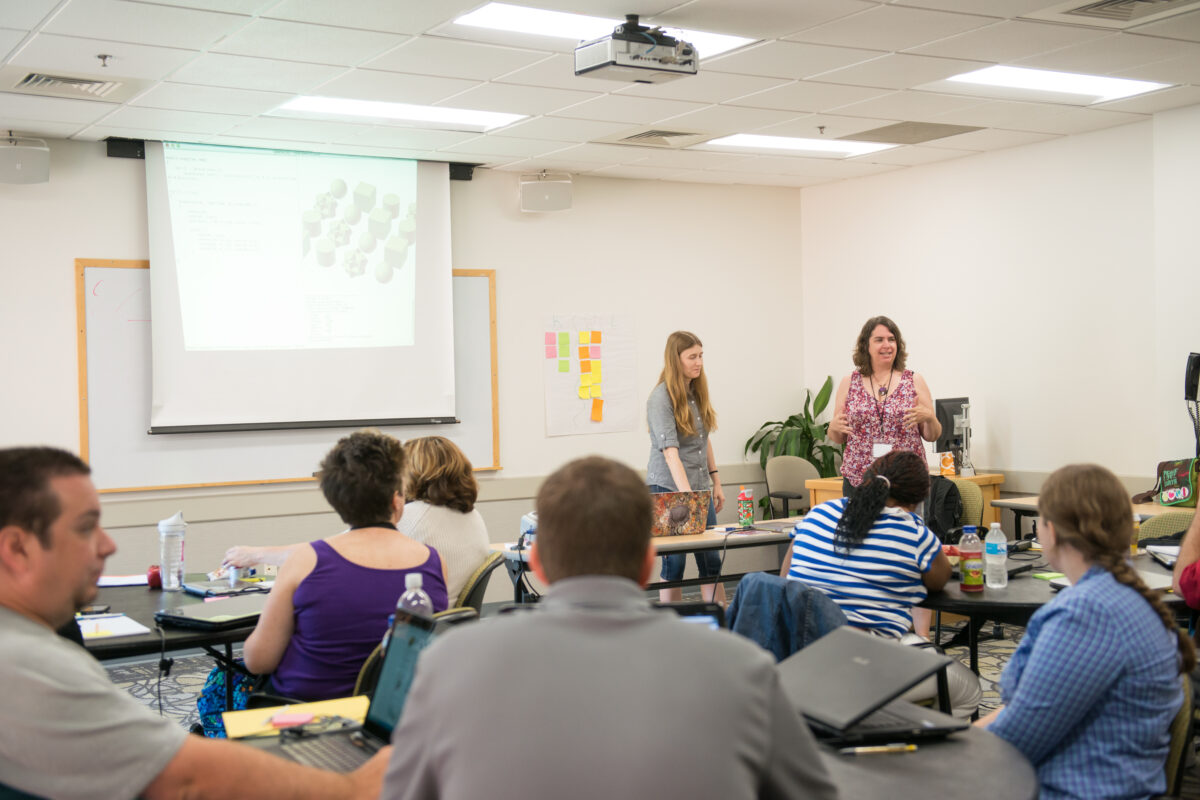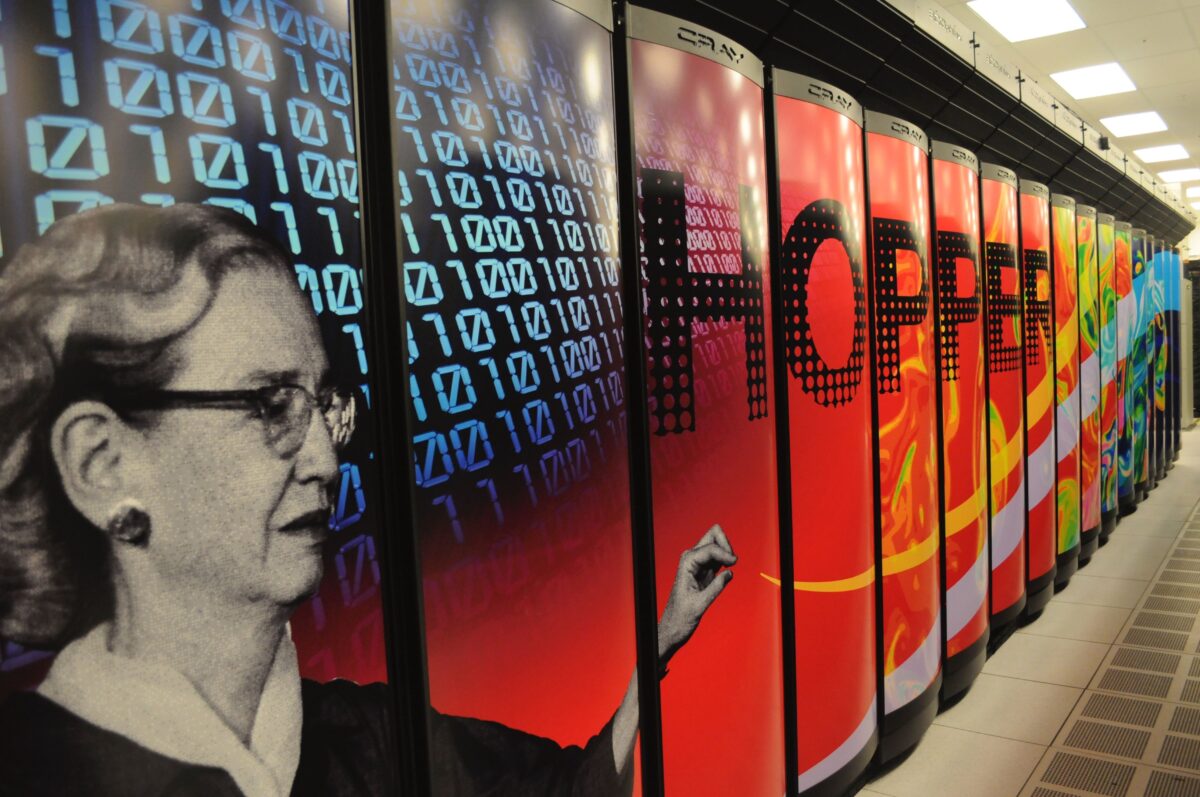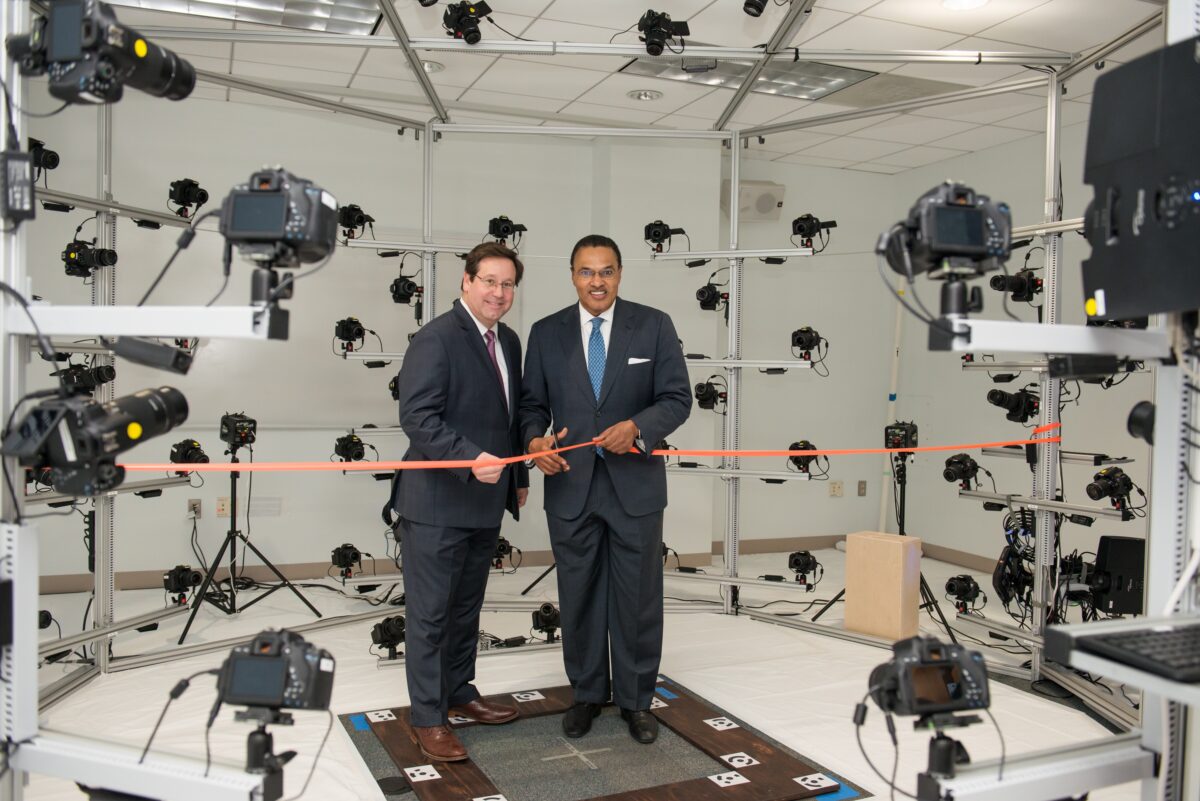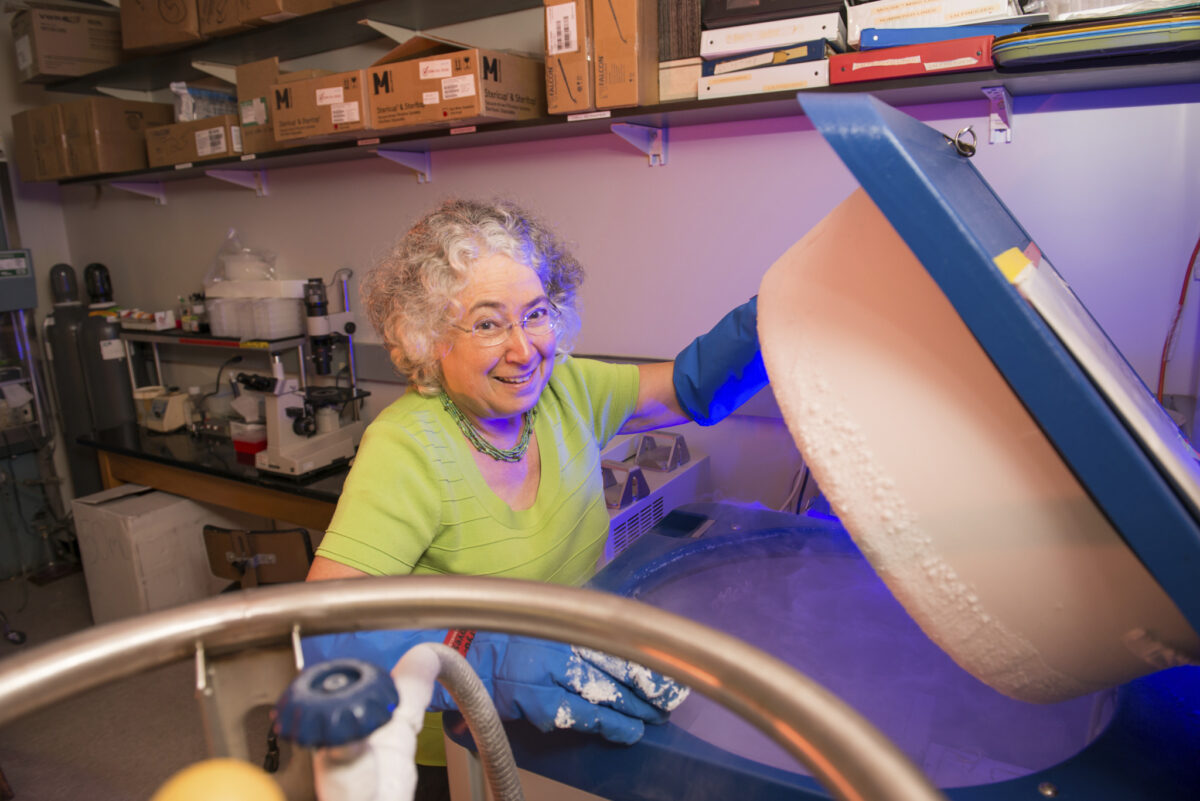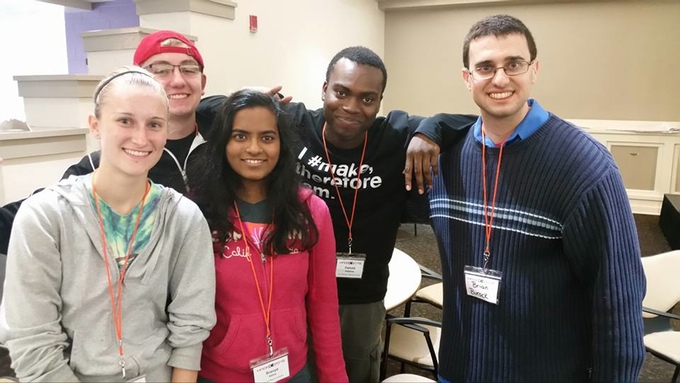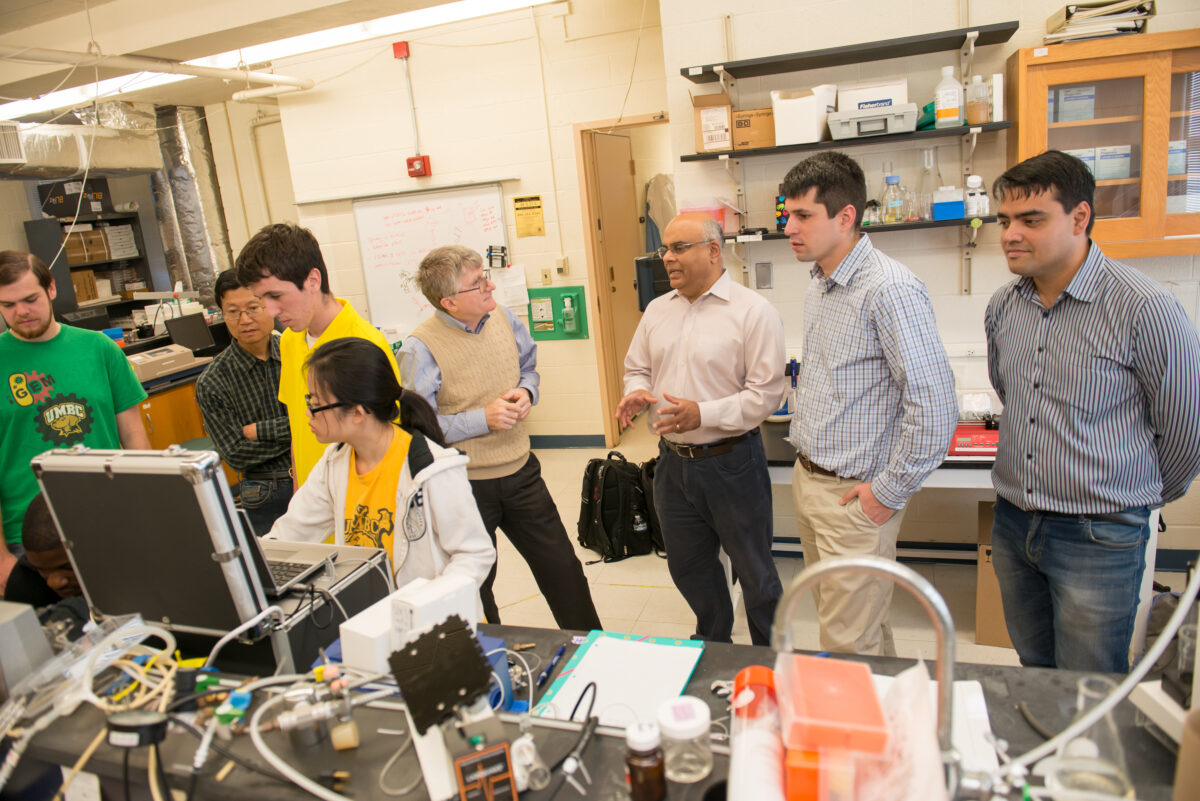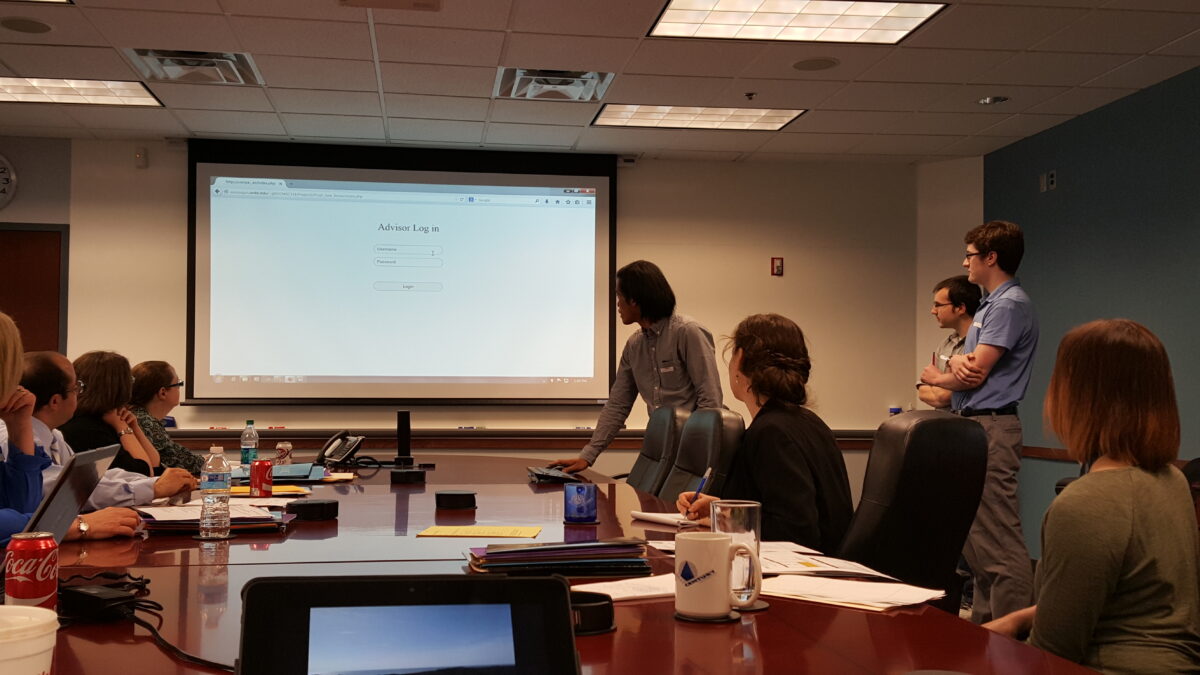Marie desJardins on the past, present and future of artificial intelligence
Artificial intelligence (AI) can bridge the gap between computer scientists and other fields, including education and medicine, explains Marie desJardins, associate dean in the College of Engineering and Information Technology and professor of computer science, in a new in-depth interview in TechRepublic. “The thing about computer science in general and AI in particular is that it’s really a very interdisciplinary field inherently, because there’s a very small number of people who are computer scientists who only work on theoretical computer science,” says desJardins, adding “whatever fields you’re interested in, you could do that in computer science.” In the article, desJardins… Continue Reading Marie desJardins on the past, present and future of artificial intelligence

